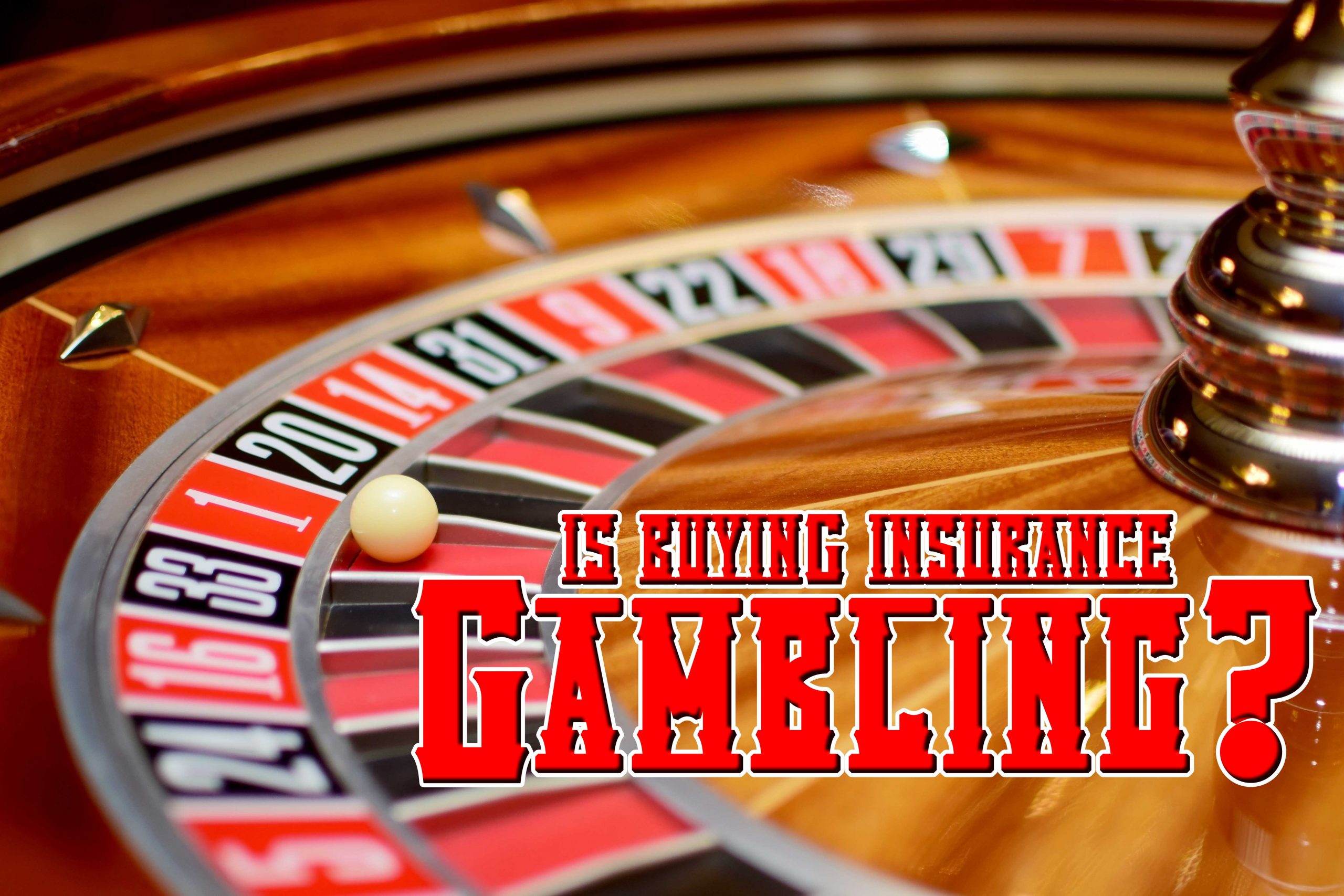Imagine a world shaped by the evolution of online gaming, where people leave their homes only in emergencies and conduct the majority of their business and social interactions using digital representations of themselves, or avatars, in massively multi-player, online role-playing games (MMORPGs) and virtual worlds. You can visit judi online to play multiplayer online games. This website lets you play poker and other card games online with your friends or other online players.

Science fiction author Neal Stephenson brought to life a fully immersive online world such as this in his 1992 novel, Snow Crash, and dubbed it the Metaverse. In Stephenson’s vision of the digital evolution of humanity, an all-encompassing virtual world a lot like today’s MMORPGs ceased to be a game at all, becoming the only reality worth living.
As businessmen who grew up on Pacman and Mario introduce millions of online gamers to the immersive worlds of Orcs and Night Elves, they also are making decisions that will help shape the future of the online media.
Though it was by no means the first commercially successful online role-playing game, Blizzard Entertainment’s “World of Warcraft” has broken the MMORPG genre wide open, currently drawing more than 10 million players each month, most of whom pay a monthly fee of about $15.
Web entrepreneurs have set up sites where in-game currency from “World of Warcraft” and other MMORPG titles can be bought and sold, leading to a subculture of gamers who literally play games online for a living.
Online virtual worlds are now evolving past the stage of just-for-fun MMORPGs into tools to test new products, concepts and business models on the millions of individuals who spend huge portions of their days “jacked in.”
Leading the charge of such online alternate realities is Linden Lab’s “Second Life.” Different than other online worlds, “Second Life” has no set objectives. Instead, the free-form virtual world emphasizes creativity, technical innovation and social interaction.
“Second Life” citizens use Linden Lab’s tool kit to create digital representations of everything from luxury condos and functioning universities to strip clubs and brothels.
Part of Second Life’s steady growth is due to the fact that a digital object’s creator retains intellectual property rights to its use, leading to the buying and selling of goods and services using Second Life’s in-game currency, the Linden.
Lindens can then be exchanged for real-world currency between “Second Life” inhabitants on a website officially sanctioned by the virtual world’s parent company.
Online gamers and MMORPG developers are changing the landscape of how content and advertising are created by, and delivered to, online consumers every single day. Commercial enterprises, and even governments, have set up shop in “Second Life,” using the virtual reality world for product promotions and public relations.

Will we soon live in a world where an in-the-know avatar can walk up to a Nike outlet store in an online virtual world, try on the company’s latest basketball shoes tailored to pixel-perfect representations of his or her own feet, and immediately order the “real” shoes for delivery using in-game money earned working the bar at a digital night club?
“Oh brave new world, with such people in’t!” -William Shakespeare





